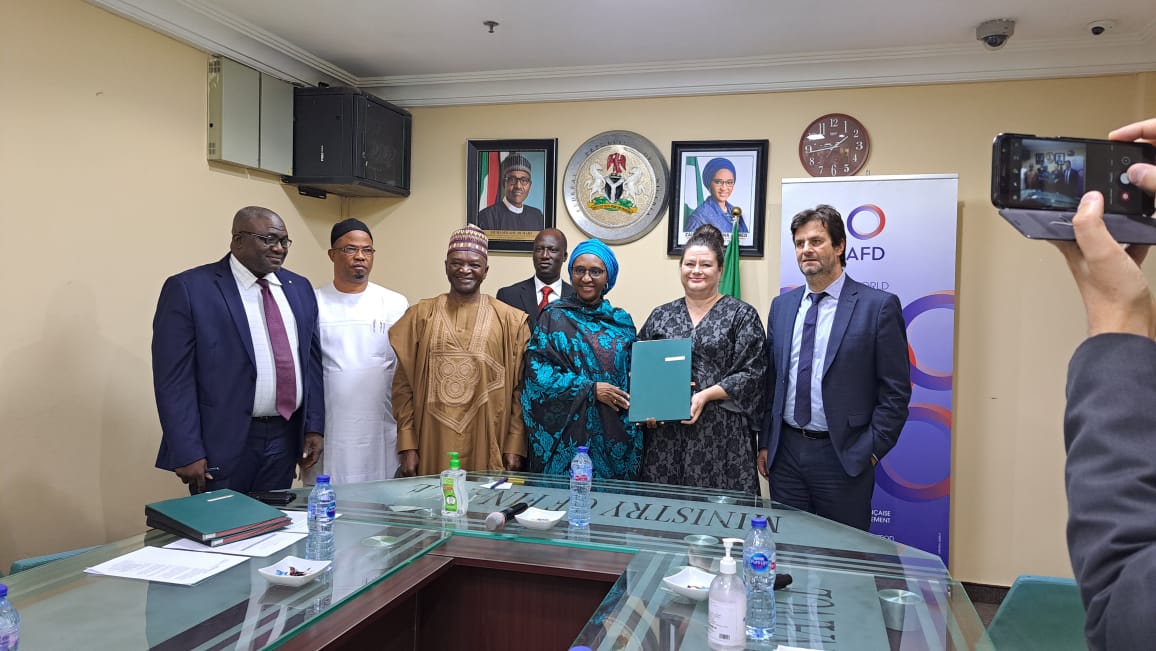FG, France sign pact to design agrifood market strategy for Nigeria
The Federal Government of Nigeria, the French Embassy in Nigeria, the French Development Agency (AFD) and Semmaris have signed a grant agreement of 1.2 million Euros for the development of a strategy for agriculture and food markets in Nigeria. The AFD grant will finance a one-year technical assistance programme to assist the Federal Minister of […]

The Federal Government of Nigeria, the French Embassy in Nigeria, the French Development Agency (AFD) and Semmaris have signed a grant agreement of 1.2 million Euros for the development of a strategy for agriculture and food markets in Nigeria.
The AFD grant will finance a one-year technical assistance programme to assist the Federal Minister of Agriculture and Rural Development (FMARD) in the design of a national agrifood market development strategy.
The one-year study, which will run from Q1 2023 to Q1 2024, will look at the whole value chains market ecosystem from rural to urban areas, with a particular focus on the three largest urban consumption areas in Nigeria: Lagos-Ibadan, Kano-Kaduna and Owerri-Port-Harcourt.
The study will result in an inventory of existing agricultural markets; an in-depth analysis of current distribution channels and agrifood logistics; a legal and regulatory framework adapted to market development, and technical recommendations to rehabilitate or build three terminal markets.
- New notes: Emefiele begs Nigerians to endure challenges
- Chelsea spend more than German, Spanish, French & Italian Leagues Combined!
The programme will be implemented by the French company, Semmaris, with the support of the Federal Project Management Unit (FPMU) of the Rural Access and Agricultural Marketing Project (RAAMP) within the FMARD.
Semmaris has been managing for over 50 years the largest wholesale fresh food market worldwide in Rungis, France.
